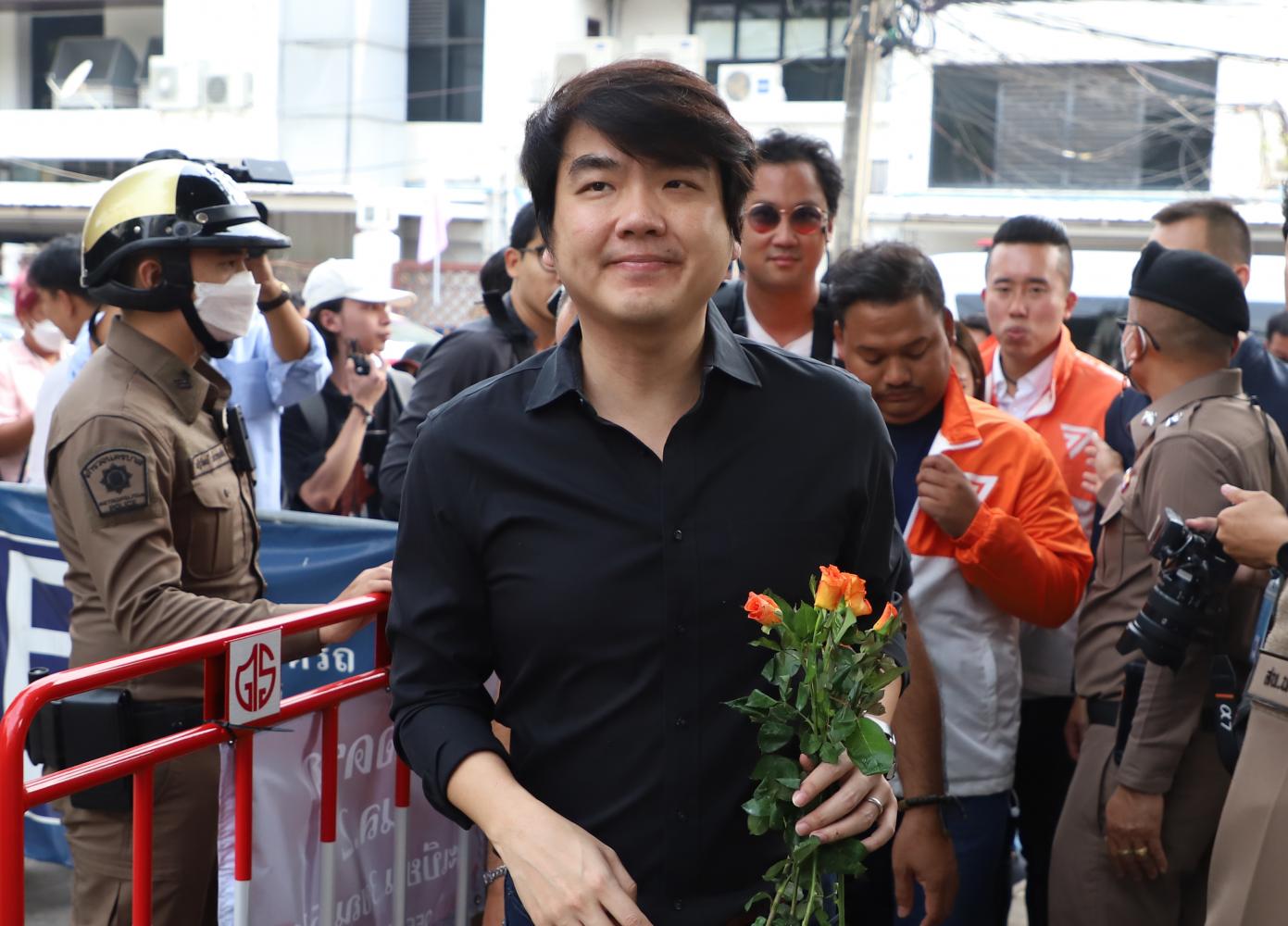
The Move Forward Party (MFP) promise to push for elections of provincial governors is not a "panacea for all problems" and the real question is whether the governors are relevant at all, according to Piyabutr Saengkanokkul, an MFP campaign assistant.
Mr Piyabutr said on Facebook that while he supported the MFP's policy of decentralisation, he disagreed with its campaign promise to elect the provincial heads.
The co-founder of the Progressive Movement said it would be barking up the wrong tree to make the occupants of the position, currently appointed by the interior minister, elected.
He said the country's administration is made up of three primary components -- central, regional and local agencies. The central agencies consist of ministries, departments and other state offices located in Bangkok and surrounding provinces.
Regional agencies exist in the form of provincial representatives of their respective ministries, such as the provincial agriculture office and public health office. The provincial governors and district chiefs work as part of the regional agencies attached to the Interior Ministry.
The local agencies, on the other hand, are made up of provincial administrative organisations (PAO), the municipal office, tambon administrative organisations (TAO) and special administrative zones (SAZ) namely Pattaya City and Bangkok, whose leaders are elected.
More local administrations, the biggest of which are the PAOs and the smallest the TAOs, are being considered for an upgrade to SAZs.
However, the local administrations are not a functional unit of power decentralisation because their executives are not directly elected and they are not free to manage their own affairs, Mr Piyabutr said.
"The root of the problem rests not with electing provincial governors since we have the PAO chairs who are elected and sit at the top of the local power echelon," he said.
"Rather, the real issue here is because local administrations run into deficits in both authority and budget, they are prone to interference from central and regional agencies."
The central, regional and local agencies often experience work duplication, Mr Piyabutr said.
He said he has tried to address the problem by proposing amendments to parts of the constitution governing local elections through a sign-up campaign. The proposed amendment was tabled to parliament only to be shot down in November last year.
The bill would have granted local agencies sweeping administrative powers over all but national-level public infrastructure services, security and national defence.
Central to the bill was the stipulation that the authority of local agencies in matters related to administration of local affairs must override the powers of the central and regional agencies.
Also, the local agencies must keep more of the income generated from local taxes, he added.
Also, if the role of provincial governor is to remain, regional administrations should be streamlined to take over from central agencies in a way that recognises and respects power decentralisation, according to Mr Piyabutr.